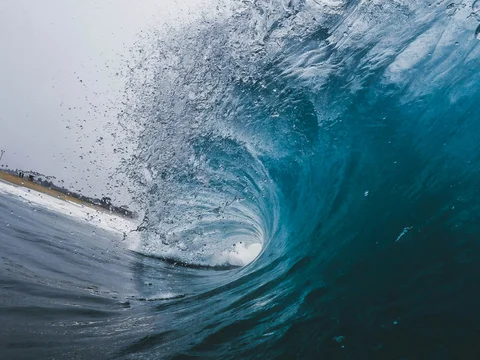
Judge Stark today issued an opinion holding five claims across four patents indefinite, based on two terms: "aesthetic" and "similar to a light house." The Court held that both terms indefinite because they are subjective. As to "aesthetic," the Court rejected an argument that "aesthetic" merely differentiated between artistic and functional aspects of light:
The Court . . . agrees with [accused infringer] HeathCo that "aesthetic" is subjective and, accordingly, the claim term is indefinite. [Patentee] Vaxcel insists "aesthetic" is not subjective because it relates to the "philosophy" or "science" of "beauty and ugliness," not to whether something is pleasing or displeasing. . . . This is unpersuasive, in part because of Vaxcel's own reasoning elsewhere in its presentation. For instance, in the briefing, Vaxcel acknowledges that patents use "aesthetic" to "differentiate the artful aspect of the light versus the functional navigation." (D.I. 69 at 59) The Court sees nothing in the patents, however, that would provide a POSA with reasonable certainty as to how to differentiate between artful and functional aspects of light. Accordingly, HeathCo has shown that these claim terms are indefinite. See Nautilus, 572 U.S. at 901 ; see also Datamize, LLC v. Plumtree Software, Inc , 417 F.3d 1342 (Fed. Cir. 2005) (holding "aesthetically pleasing" claim limitation was indefinite).
The Court applied basically the same analysis to "similar to a light house":
"[S]imilar to a light house," just like "aesthetic," is subjective. The patent specification does not explain how to determine whether navigation capacity is sufficiently "similar to a light house" to meet the claim limitation. Nor has Vaxcel offered any plausible method for making such a determination. The Court is persuaded that a POSA would not have reasonable certainty as to the scope of these clams. Accordingly, HeathCo has shown that these claim terms are indefinite. See Nautilus, 572 U.S. at 901; see also ACQIS LLC v. Alcatel-Lucent USA Inc., 2015 WL 1737853, at *8-10 (E.D. Tex. Apr. 13, 2015) (holding term "similar in design" indefinite because patentee "was unable to articulate any point at which components . . . would cease to be 'similar"').
The Court rejected other indefiniteness arguments, including one that apparently hinged on the idea that one of two alternative constructions would "not make sense":
At this stage of the case, the Court has not been persuaded that "external control signal" is indefinite. HeathCo admits that its indefiniteness argument does not implicate the "classic" situation in which competing claim constructions may produce conflicting infringement findings yet a POSA has no way to choose between the proposed constructions. Rather, HeathCo argues that plugging in one possible construction for the claim term makes sense, but plugging in a different construction would not make sense. Claims must be "read in light of the specification delineating the patent." Nautilus, 572 U.S. at 901. HeathCo has provided the Court with no evidence - nor has it even given the Court any reason to think - that a POSA would have difficulty understanding the correct construction of this term. . . . HeathCo has not demonstrated that "external control signal" is indefinite.
While the indefinite terms span across four patents, the patentee asserted a total of ten patents, so it looks like a majority of them survived.
If you enjoyed this post, consider subscribing to receive free e-mail updates about new posts.





